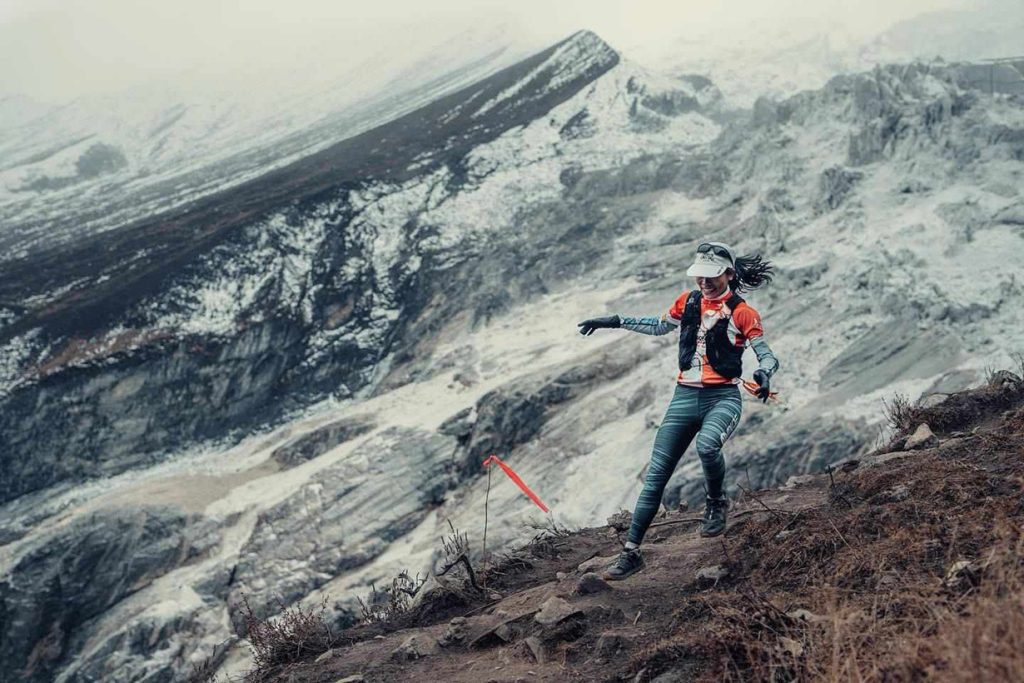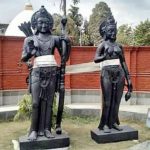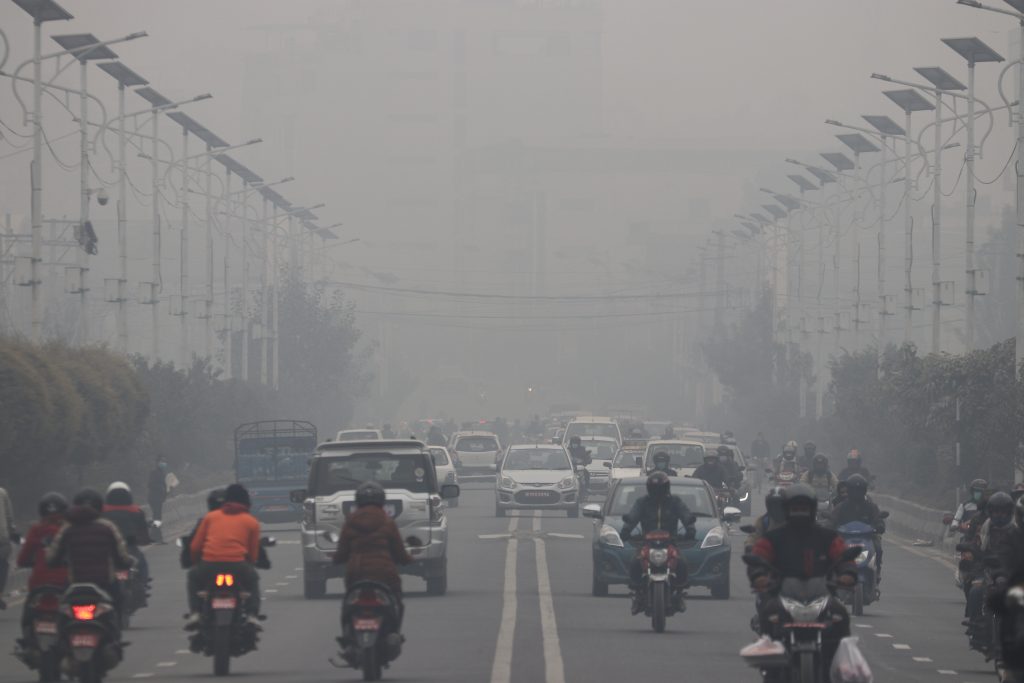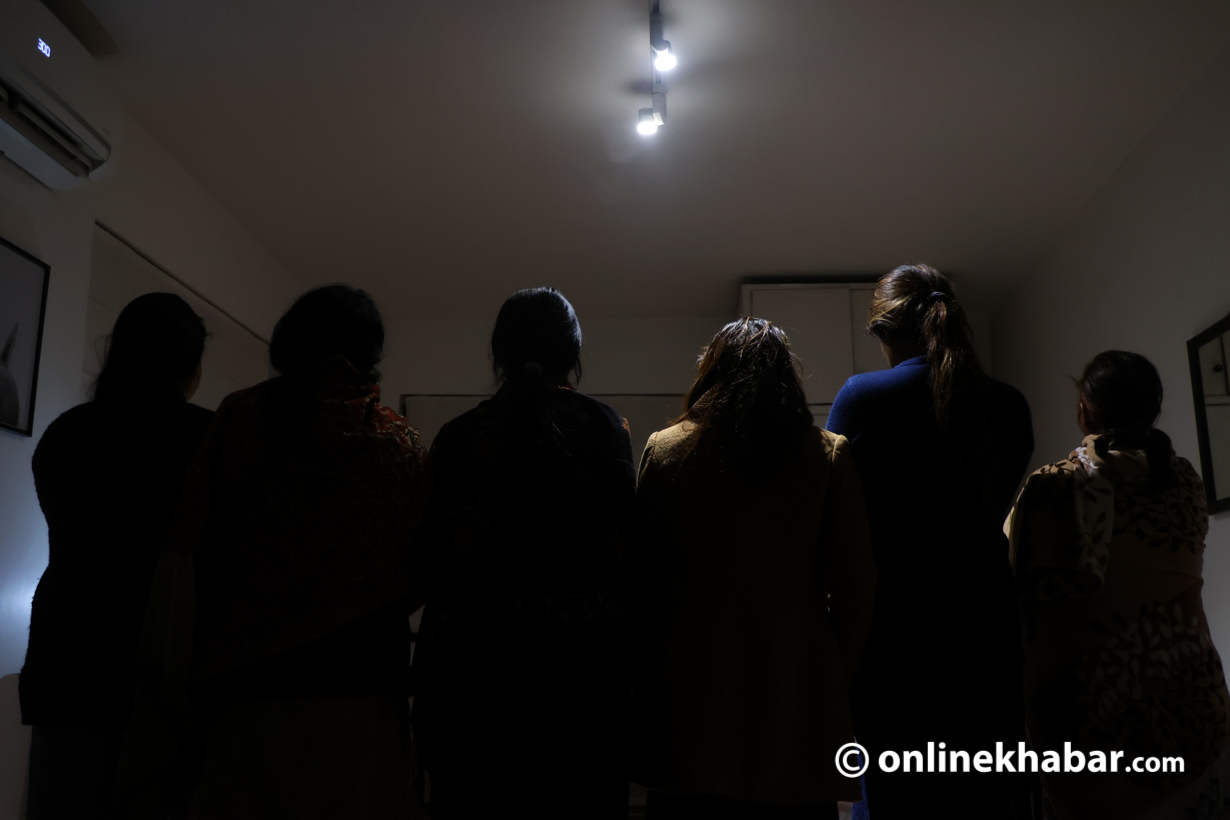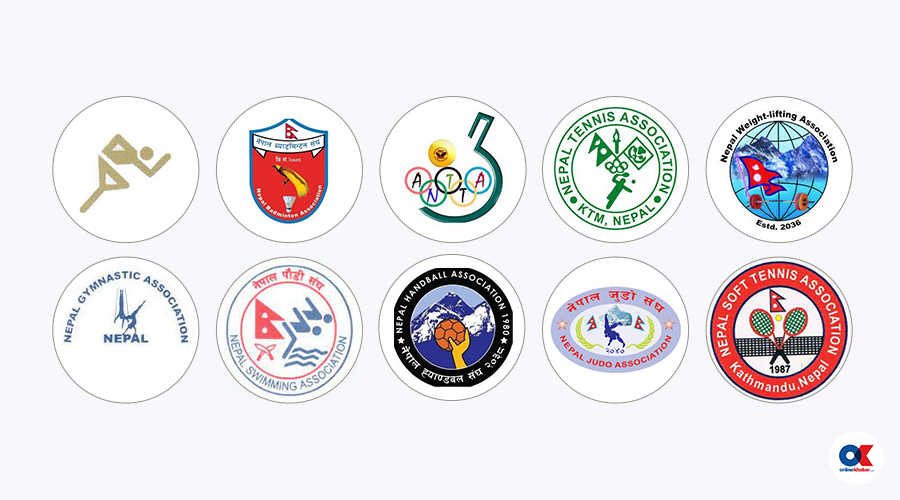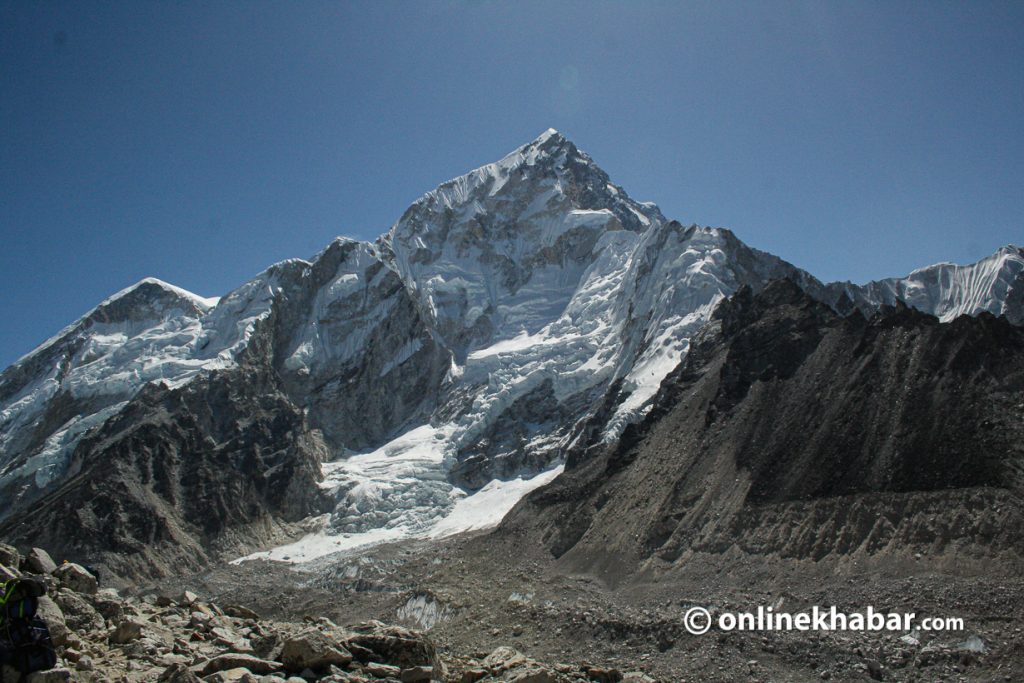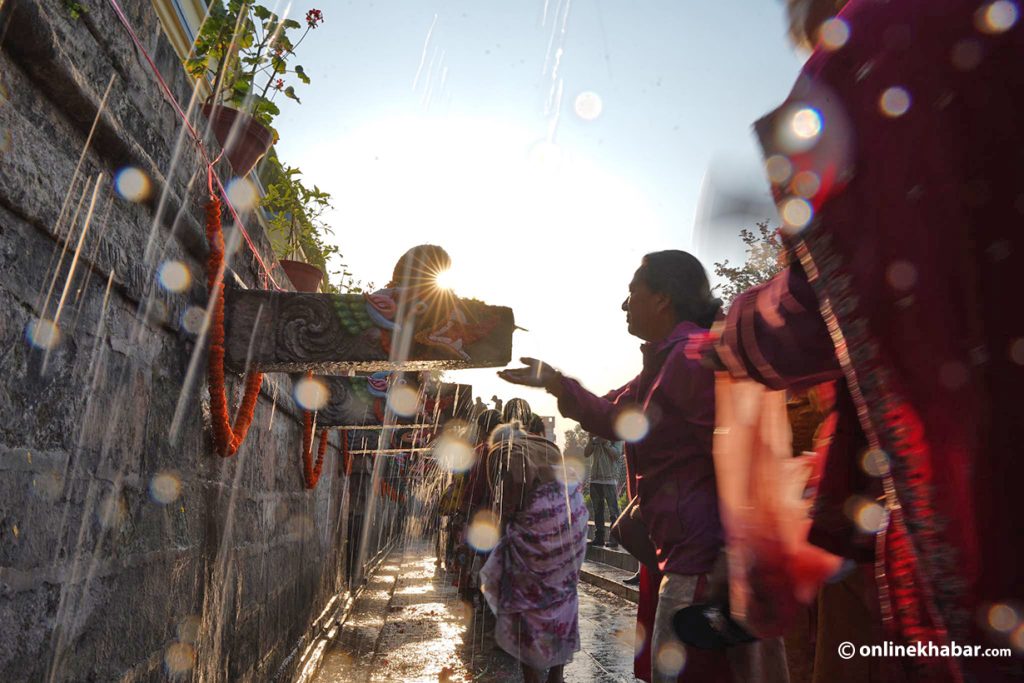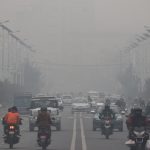Major Nepali and English dailies published from Kathmandu have focused on issues revolving around upcoming provincial and federal parliamentary elections. All newspapers have more than one article over various dimensions of elections.
For implementation of manifestoes

Junar Babu Basnet in his column for Gorkhapatra discusses commitments made by major political parties in their election manifestoes. As the Nepali Congress has already formally made public its election manifesto, the joint manifesto of CPN-UML and CPN-Maoist Centre has been discussed on many media.
Basnet argues in his article that both the manifestoes are too ambitious to implement. Though it is entirely a different issue that how much impacts these manifestoes have on decisions made by voters on whom to vote for, he says these documents are significant as they reflect the parties’ commitment to social and economic development of the country.
“Therefore, they should not be treated as matters to laugh upon. Parties and their leaders can forget what commitments they had made before the elections and what they did after ascending to the power, citizens do not forget them,” he writes. However, the situation in Nepal is not hopeful. Basnet presents a comparative study of two manifestoes, suggesting most of the commitments made there are impossible to achieve. He claims the Congress would prepare implementable manifestoes in earlier elections as they would be close to reality; but this time the party is competing with the leftist parties while making promises.
Basnet comments that the manifesto of UML would be packaged in beautiful language, but lack substance in the past too and this trend has continued now. Though the party criticised market-driven economy and liberalisation, it could never present an alternative model, according to him.
Parties’ unity against hydro development, national interests

Bikash Thapa in his column for Annapurna Post today argues that major political parties have come together to serve interests of foreign companies which have won tenders to develop various hydropower projects in Nepal as they get commissions from them. Citing a number of examples in which the parties acted against national interests, Thapa argues political parties, officials of the Ministry of Energy and Nepal Electricity Authority have been working in cahoots. Consequently, hydropower production has been limited and the country has been forced to continue importing power from India, according to him.
Thapa writes that the government should have decided to construct big projects including Arun III and Upper Karnali on domestic investment. But, both the projects have been handed over to foreign companies which are holding the licence for over 10 years now. Likewise, the West Seti project has also been handed over to a Chinese company without giving other companies an opportunity to compete.
Thapa cites a Facebook post by Energy Secretary Anup Kumar Upadhyaya in which the official expresses happiness over the renewal of an agreement to import electricity from India, suggesting instead of being happy over the import; he should have taken initiatives to promote domestic production.
Leadership’s inability to protect border

Shyam Prasad Mainali in his article for Rajdhani claims contemporary leadership of Nepal has failed to protect its border and land. Citing historical developments along with changes in Nepal’s area since the unification led by Prithvi Narayan Shah, Mainali says the 1950 Peace and Friendship Treaty between Nepal and India has mentioned that all agreements signed between Nepal and the then British empire have become invalid. According to that agreement, he argues that Nepal should have been able to claim its lost land of Kalapani and other regions. “Over the passage of such a long time,” he writes, “Voices for the greater Nepal get raised from the public level sometimes, but rulers of the country do not have courage to hold dialogues with India over the issue.”
Mainali is pessimistic in his conclusion that the situation is likely to continue for next few decades as Nepali people are yet to trust leaders and parties which are claiming themselves to be alternative forces.
Self-defence for women

Giri Bahadur Sunar, who has been introduced as a women empowerment self-defence trainer, has written in Republica about the importance of self-defence for women, especially in the context of countries life Nepal where they are subjected to various forms of violence. Sunar’s argument is that self-defence should not only include developing physical strength, but psychological defence is also very important.
“My study of media coverage on women self-defence training shows that all trainers emphasised physical self-defence instead of psychological self-defence which includes awareness, verbal and diplomatic skills, legal counselling and mediation, among other things. Self-defence should not be limited to physical training,” he writes, “Those who know how to fire a pistol may not be able to open when the need comes; they need to be psychologically prepared for this.”












